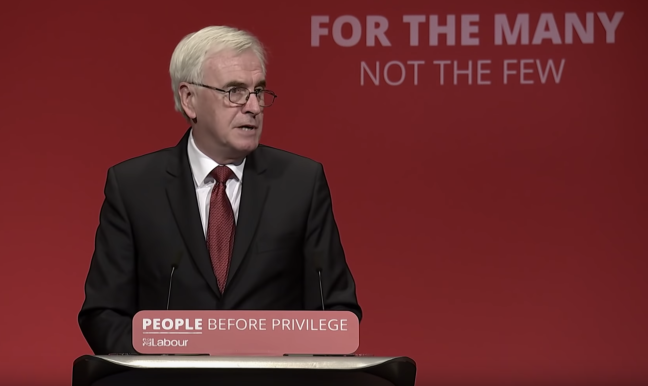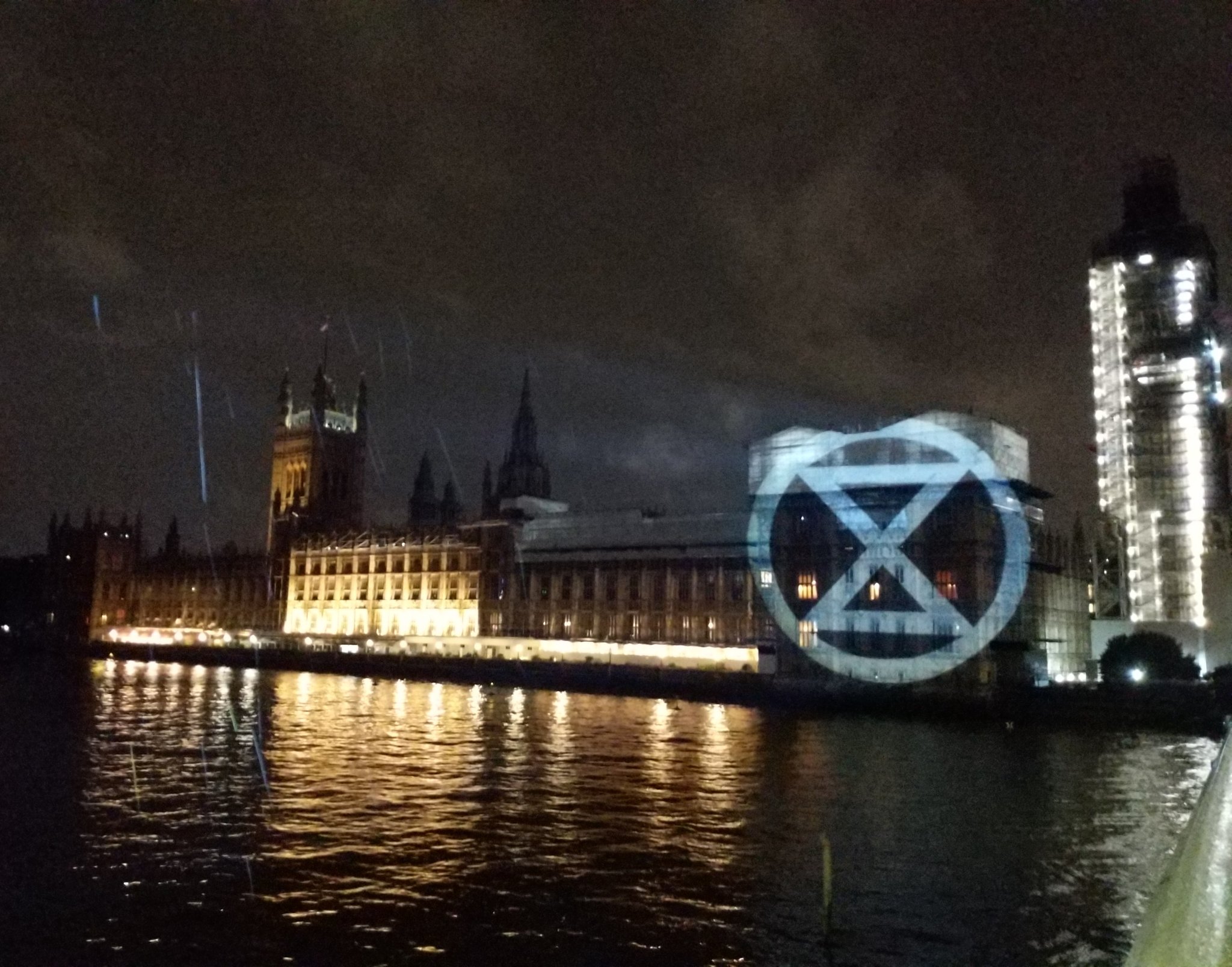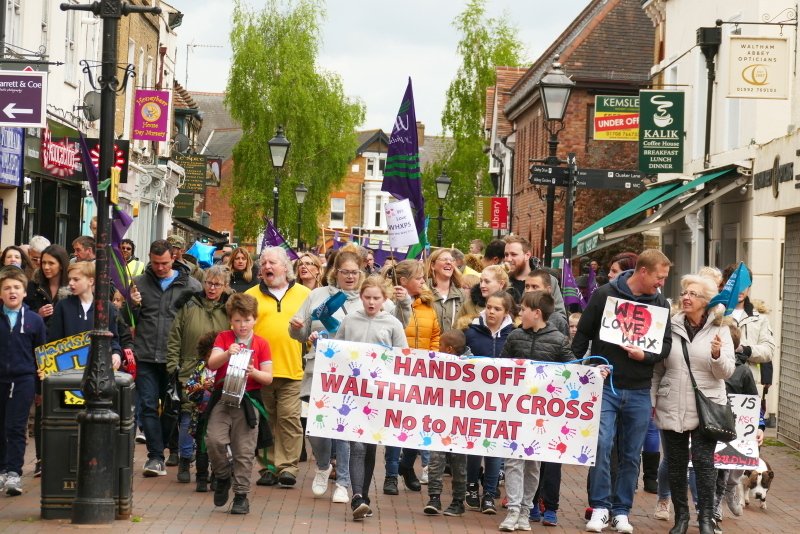Talking Points: September 2019
Posted on 09 Oct 2019 Categories: Blog, Climate crisis, New economic models, Talking Points
by Rethinking Poverty
This month’s Talking Points looks at rising poverty and inequality and what can be done about it – from reforming Universal Credit to introducing UBS/UBI, taxing wealth more, and adopting the Green New Deal. We also touch on the role of social movements in addressing the climate emergency, and the need to reduce consumption if we are to halt runaway climate breakdown.
Rising poverty and inequality
The UK is one of the most unequal countries in Europe, reports Richard Partington in the Guardian. The share of income going to the 1 per cent of richest households has nearly tripled in the last four decades. One sign of this growing inequality is the gap in healthy life expectancy between different parts of Britain. Residents in Blaenau Gwent in south Wales can now expect up to 16.4 fewer years of good health than those in Wokingham in Berkshire, according to a report from the All-Party Parliamentary Group (APPG) on Inclusive Growth.
Britons are still worse off than in 2008, according to new research from the New Economics Foundation. Writing about how the US sees the UK now, Arwa Mahdawi cites a recent article from the New York Times entitled Why British Life Expectancy Has Stalled, which suggests the food bank is the image that best represents the state of modern Britain.
How can poverty and inequality be reduced?
One immediate step to reduce poverty would be reform of Universal Credit, and abolition of the five-week wait for benefits. In areas where the new benefits system has been rolled out for a year, says the Trussell Trust, they’ve seen a 30 per cent increase in demand for food banks, rising to 48 per cent where it has been operating for two years.
Two other approaches often mentioned in Talking Points are UBS and UBI. While Compass announced the creation of a National Basic Income Hub at their annual conference in Brighton this year, the Labour Party adopted Universal Basic Services as a pillar of their national policy platform. ‘Everyone has a right to a good life … by providing public services free at the point of use,’ said Shadow Chancellor of the Exchequer John McDonnell.

Another approach is to tax wealth more: at present it is taxed at much lower rates than income. The French economist Thomas Piketty, a world expert on inequality, has called for a global wealth tax, while the Organisation for Economic Cooperation and Development has suggested using higher inheritance taxes to reverse the extreme concentration of wealth.
Green New Deal addresses climate emergency and social justice
Following this year’s conference, the Labour Party looks set to commit itself to net zero emissions by 2030. It is now hoped that the party will add the Green New Deal proposal to its next manifesto. This would reduce carbon emissions while bringing good jobs to all areas of the country. One beauty of a Green New Deal, writes Ann Pettifor, one of its original architects, is that it would pay for itself. Another benefit of ending our use of fossil fuels, writes Bill McKibben, is that if the world ran on sun, it wouldn’t fight over oil.
The role of social movements
Greenhouse gas emissions could be halved in the next decade if a small number of current technologies and behavioural trends are ramped up and adopted more widely, according to the Exponential Road Map. Key to any transition, says the report, will be the growing social movements that are pressing for urgent action on climate breakdown. Rethinking Poverty has reported on the recent global school climate strike, inspired by Greta Thunberg. Over the coming fortnight we will be reporting on Extinction Rebellion’s International Rebellion. The aim of the UK action is to pressure the government to take action to address the climate emergency, declared after Extinction Rebellion occupied five key London sites for 10 days in April.

What happened to the idea of reducing consumption?
Don Fitz, writing for Local Futures, laments that as environmentalism has gone mainstream, it has forgotten its early focus and shifted toward green capitalism. ‘Nowhere is this more apparent than abandonment of the slogan popular during the early Earth Days: “Reduce, Reuse, Recycle.” Today the message is to “Recycle, Occasionally Reuse, and Never Utter the Word ‘Reduce”. A quasi-taboo on the word “reduce” permeates twenty-first century environmentalism.’
In similar vein, George Monbiot argues that ‘in seeking to prevent climate breakdown, what counts is not what you do but what you stop doing’. ‘For the sake of life on Earth, we must put a limit on wealth’, he says. Research shows that income is by far the most important determinant of environmental impact.
Becoming a social change organisation
The last edition of Talking Points reported on Joseph Rowntree Foundation’s move towards being more of a social change organisation. So, what does a 21st century social change organisation look like if it’s going to solve UK poverty? This is the question addressed by Sarah Mace in an article called ‘Old dog, new tricks; Kick-starting transformation in JRF’. Watch out for future blogs.
Inspiring stories

Aditya Chakrabortty tells the story of one parent’s successful campaign to save her children’s school from being handed over to an academy which turned out to be itself failing. ‘While fighting this battle, Shaunagh Roberts and her two boys have been moved through different temporary accommodation four times. She has had to use food banks.’
‘Talking Points’ is collated by Caroline Hartnell, who convenes the Rethinking Poverty blog.
Want to keep up-to-date with more articles like this? Sign up to our newsletter.
Posted on 09 Oct 2019 Categories: Blog, Climate crisis, New economic models, Talking Points
